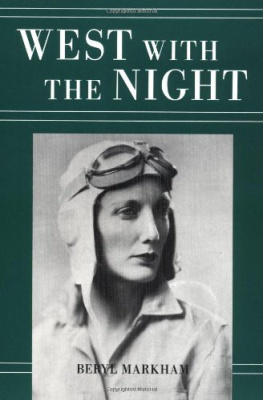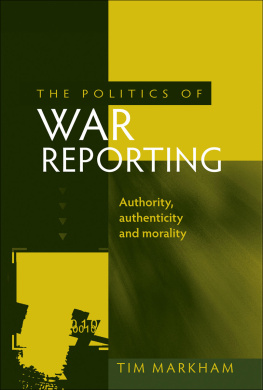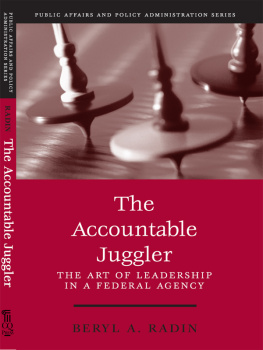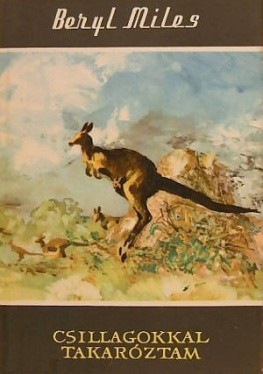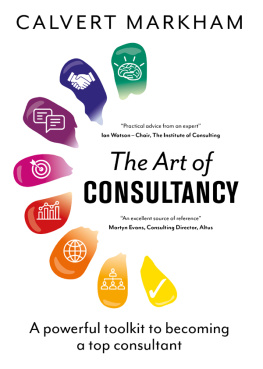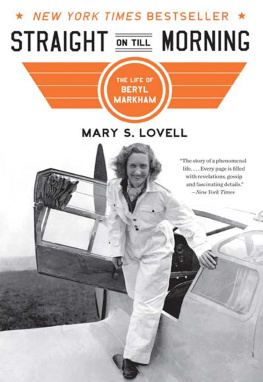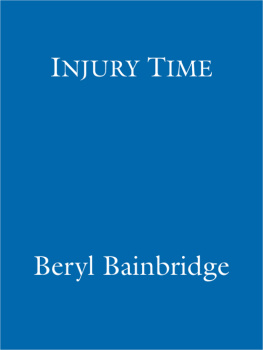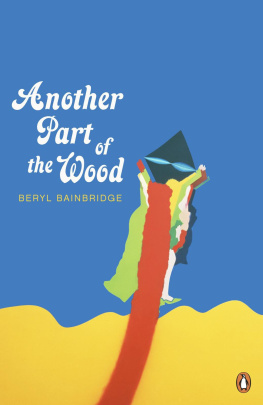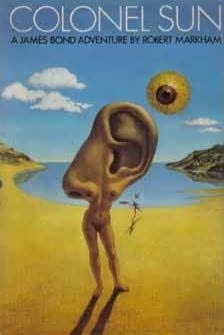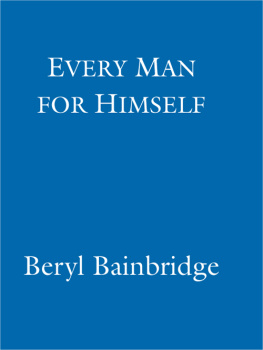Beryl Markham - West with the night
Here you can read online Beryl Markham - West with the night full text of the book (entire story) in english for free. Download pdf and epub, get meaning, cover and reviews about this ebook. City: New York, year: 2012, publisher: Open Road Integrated Media, genre: Art. Description of the work, (preface) as well as reviews are available. Best literature library LitArk.com created for fans of good reading and offers a wide selection of genres:
Romance novel
Science fiction
Adventure
Detective
Science
History
Home and family
Prose
Art
Politics
Computer
Non-fiction
Religion
Business
Children
Humor
Choose a favorite category and find really read worthwhile books. Enjoy immersion in the world of imagination, feel the emotions of the characters or learn something new for yourself, make an fascinating discovery.
- Book:West with the night
- Author:
- Publisher:Open Road Integrated Media
- Genre:
- Year:2012
- City:New York
- Rating:4 / 5
- Favourites:Add to favourites
- Your mark:
- 80
- 1
- 2
- 3
- 4
- 5
West with the night: summary, description and annotation
We offer to read an annotation, description, summary or preface (depends on what the author of the book "West with the night" wrote himself). If you haven't found the necessary information about the book — write in the comments, we will try to find it.
West with the night — read online for free the complete book (whole text) full work
Below is the text of the book, divided by pages. System saving the place of the last page read, allows you to conveniently read the book "West with the night" online for free, without having to search again every time where you left off. Put a bookmark, and you can go to the page where you finished reading at any time.
Font size:
Interval:
Bookmark:


For
MY FATHER
I wish to express my gratitude to Raoul Schumacher for his constant encouragement and his assistance in the preparations for this book.
I speak of Africa and golden joys
HENRY IV, Act V, Sc. 3
HOW IS IT POSSIBLE to bring order out of memory? I should like to begin at the beginning, patiently, like a weaver at his loom. I should like to say, This is the place to start; there can be no other.
But there are a hundred places to start for there are a hundred names Mwanza, Serengetti, Nungwe, Molo, Nakuru. There are easily a hundred names, and I can begin best by choosing one of them not because it is first nor of any importance in a wildly adventurous sense, but because here it happens to be, turned uppermost in my logbook. After all, I am no weaver. Weavers create. This is remembrance re-visitation; and names are keys that open corridors no longer fresh in the mind, but nonetheless familiar in the heart.
So the name shall be Nungwe as good as any other entered like this in the log, lending reality, if not order, to memory:
DATE 16/6/35
TYPE AIRCRAFT Avro Avian MARKINGS VP KAN
JOURNEY Nairobi to Nungwe TIME 3 hrs. 40 mins.
After that comes, PILOT: Self; and REMARKS of which there were none. But there might have been.
Nungwe may be dead and forgotten now. It was barely alive when I went there in 1935. It lay west and south of Nairobi on the southernmost rim of Lake Victoria Nyanza, no more than a starveling outpost of grubby huts, and that only because a weary and discouraged prospector one day saw a speck of gold clinging to the mud on the heel of his boot. He lifted the speck with the tip of his hunting knife and stared at it until it grew in his imagination from a tiny, rusty grain to a nugget, and from a nugget to a fabulous stake.
His name eludes the memory, but he was not a secretive man. In a little while Nungwe, which had been no more than a word, was both a Mecca and a mirage, so that other adventurers like himself discounted the burning heat of the country, the malaria, the blackwater, the utter lack of communications except by foot through forest trails, and went there with shovels and picks and quinine and tinned food and high hopes, and began to dig.
I never knew what their digging got them, if it got them anything, because, when I set my small biplane down on the narrow runway they had hacked out of the bush, it was night and there were fires of oil-soaked rags burning in bent chunks of tin to guide my landing.
Theres not much to be seen in light like that some dark upturned faces impassive and patient, half-raised arms beckoning, the shadow of a dog slouching between the flares. I remember these things and the men who greeted me at Nungwe. But I took off again after dawn without learning anything about the success of their operations or the wealth of their mine.
It wasnt that they meant to keep those things concealed; it was just that they had other things to think about that night, and none of them had to do with gold.
I had been working out of Nairobi as a free-lance pilot with the Muthaiga Country Club as my headquarters. Even in nineteen-thirty-five it wasnt easy to get a plane in East Africa and it was almost impossible to get very far across country without one. There were roads, of course, leading in a dozen directions out of Nairobi. They started out boldly enough, but grew narrow and rough after a few miles and dwindled into the rock-studded hills, or lost themselves in a morass of red muram mud or black cotton soil, in the flat country and the valleys. On a map they look sturdy and incapable of deceit, but to have ventured from Nairobi south toward Machakos or Magadi in anything less formidable than a moderately powered John Deere tractor was optimistic to the point of sheer whimsey, and the road to the Anglo-Egyptian Sudan, north and west through Naivasha, called practicable in the dry season, had, when I last used it after a mild rain, an adhesive quality equal to that of the most prized black treacle. This minor defect, coupled with the fact that thousands of miles of papyrus swamp and deep desert lie between Naivasha and Khartoum, had been almost flippantly overlooked by a Government road commission which had caused the erection, near Naivasha, of an impressive and beautiful signpost reading:
To JUBA KHARTOUM CAIRO
I have never known whether this questionable encouragement to the casual traveller was only the result of well-meant wishful thinking or whether some official cursed with a depraved and sadistic humour had found an outlet for it after years of repression in a muggy Nairobi office. In any case, there the sign stood, like a beacon, daring all and sundry to proceed (not even with caution) toward what was almost sure to be neither Khartoum nor Cairo, but a Slough of Despond more tangible than, but at least as hopeless as Mr. Bunyans.
This was, of course, an exception. The more travelled roads were good and often paved for a short distance, but once the pavement ended, an aeroplane, if one were at hand, could save hours of weary toil behind the wheel of a lurching car provided the driver were skilful enough to keep it lurching at all. My plane, though only a two-seater, was busy most of the time in spite of competition from the then barely budding East African not to say the full-blown Wilson Airways.
Nairobi itself was busy and growing gateway to a still new country, a big country, an almost unknown country. In less than thirty years the town had sprung from a collection of corrugated iron shacks serving the spindly Uganda Railway to a sprawling welter of British, Boers, Indians, Somalis, Abyssinians, natives from all over Africa and a dozen other places.
Today its Indian Bazaar alone covers several acres; its hotels, its government offices, its race-course, and its churches are imposing evidence that modern times and methods have at last caught up with East Africa. But the core of it is still raw and hardly softened at all by the weighty hand of British officialdom. Business goes on, banks flourish, automobiles purr importantly up and down Government Road, and shop-girls and clerks think, act, and live about as they do in any modern settlement of thirty-odd thousand in any country anywhere.
The town lies snugly against the Athi Plains at the foot of the rolling Kikuyu Hills, looking north to Mount Kenya and south to Kilimanjaro in Tanganyika. It is a counting house in the wilderness a place of shillings and pounds and land sales and trade, extraordinary successes and extraordinary failures. Its shops sell whatever you need to buy. Farms and coffee plantations surround it for more than a hundred miles and goods trains and lorries supply its markets with produce daily.
But what is a hundred miles in a country so big?
Beyond are villages still sleeping in the forests, on the great reservations villages peopled with human beings only vaguely aware that the even course of their racial life may somehow be endangered by the persistent and irresistible pressure of the White man.
But white mens wars are fought on the edges of Africa you can carry a machine gun three hundred miles inland from the sea and you are still on the edge of it. Since Carthage, and before, men have hacked and scrabbled for permanent footholds along the coasts and in the deserts and on the mountains, and where these footholds have been secured, the right to hold them has been the cause of endless dispute and bloodshed.
Next pageFont size:
Interval:
Bookmark:
Similar books «West with the night»
Look at similar books to West with the night. We have selected literature similar in name and meaning in the hope of providing readers with more options to find new, interesting, not yet read works.
Discussion, reviews of the book West with the night and just readers' own opinions. Leave your comments, write what you think about the work, its meaning or the main characters. Specify what exactly you liked and what you didn't like, and why you think so.

